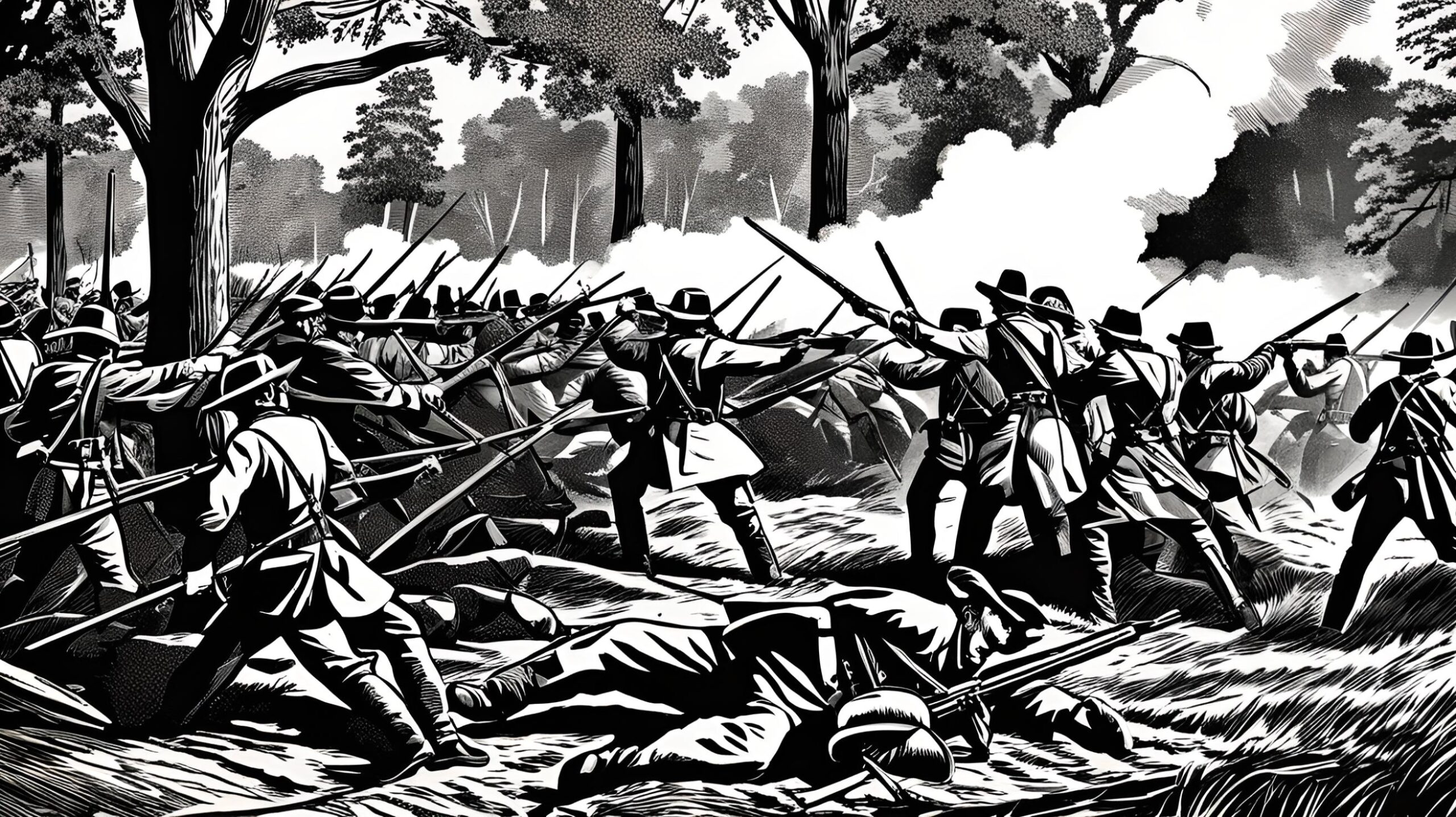Flashback to September 1
American History

1935
US President Franklin Roosevelt signs an act prohibiting export of US arms to belligerents
Read moreUnderstanding the historical impact and significance of a monumental event requires a deep dive into the context surrounding said event. One such significant event in United States history occurred on August 31, 1935, when former US President Franklin D. Roosevelt signed an act that severely restricted the export of US arms to belligerents. The act, usually referred to as the Neutrality Act of 1935, aimed to prevent the United States from becoming entrenched in foreign conflicts.
Franklin D. Roosevelt, the 32nd President of the United States, recognized the potential consequences of the United States’ involvement in overseas conflicts, which served as the driving force behind his signing of this Non-Belligerent act in 1935. The act effectively prohibited the sale of arms and ammunition to any countries at war, a pole shift from the previous policies that allowed unrestricted sale of weapons to other nations. Franklin Roosevelt’s controversial move marked a new chapter in US foreign policy, with the ramifications reverberating even to this day.
The days leading up to Franklin Roosevelt signing this act were filled with turmoil and uncertainty. Europe was moving towards the brink of a large-scale conflict, later known as World War II. Given the dire aftermath of World War I and the United States’ immense economic investment during that conflict, Roosevelt and his administration intended to avoid repeating history by keeping the United States out of the impending conflict.
Following the signing of the Neutrality Act, the United States declared a strict neutral stance in conflicts involving belligerent nations. Interestingly, this didn’t mean the US was completely hands-off. Instead, the country continued to engage in commerce and relations with these nations, albeit under strict regulations that ensured no American weaponry was sold to nations at war.
The signing of the Neutrality Act by President Franklin Roosevelt had a far-reaching impact on US foreign policy. Instead of intervening in foreign wars, the United States could focus on nurturing its recovering economy and cater to the needs of its citizens, proving that Roosevelt’s decision was not purely political, but carried substantial socio-economic weight too.
Franklin Roosevelt’s act of signing the Neutrality Act on August 31, 1935, was not merely a political move. It was an event borne out of the culmination of the country’s economic, social, and historical contexts. This required a careful analysis and consideration of the global situation and its potential impact on the United States. The decision to prohibit the export of US arms to belligerents shaped the nation’s foreign policy, establishing a norm of ‘juxtaposed neutrality’ that allowed the United States to protect its interests while avoiding direct engagement in international conflicts. Thus, in understanding this historical event’s significance, we gain a more profound appreciation for the intricate workings of governance, diplomacy, and policy-making.
We strive for accuracy. If you see something that doesn't look right, click here to contact us!
Sponsored Content

The Civil War: Severe…
Experience the intensity of…

Henry “Scoop” Jackson, American…
Renowned American Senator-Democrat for…

Leonor Sullivan, American politician…
"Remembering Leonor Sullivan: prominent…

Great Hinckley Fire: A…
"Experience the chilling history…

In the USA, the…
On September 1, 1982,…

California Constitutional Convention held…
On September 1, 1849,…

